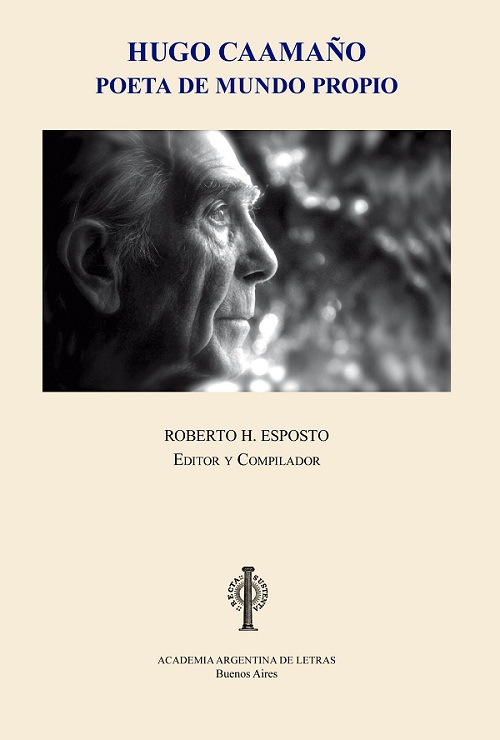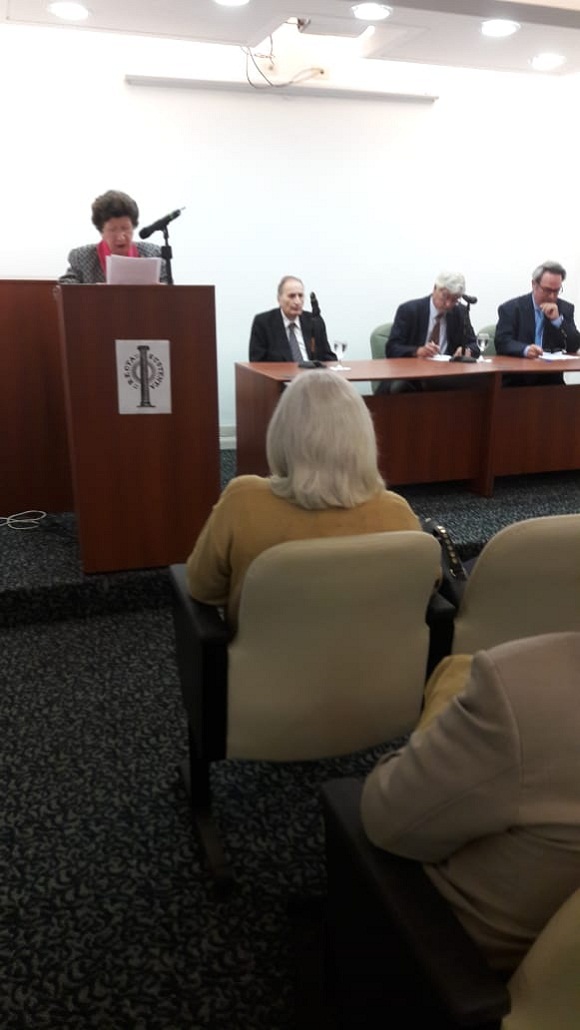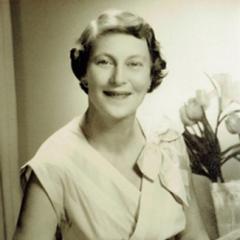 Hugo Caamaño, poeta de mundo propio (English translation: Hugo Caamaño, a world- making poet) is a book project long in gestation and preparation, which due to a pandemic that stopped the world, took close to seven years to complete. This is the first publication by an Australian Hispanist under the auspices of an Academy of the Spanish language. There are 23 Academies of the Spanish language in the Americas, Spain, the Philippines and Equatorial Guinea.
Hugo Caamaño, poeta de mundo propio (English translation: Hugo Caamaño, a world- making poet) is a book project long in gestation and preparation, which due to a pandemic that stopped the world, took close to seven years to complete. This is the first publication by an Australian Hispanist under the auspices of an Academy of the Spanish language. There are 23 Academies of the Spanish language in the Americas, Spain, the Philippines and Equatorial Guinea.
The idea for this project was planted on the very day Roberto Esposto was honoured as a Corresponding Fellow (in Australia) by the Argentine Academy of Letters (AAL) in December 2015. Much later in 2016 Esposto submitted a formal proposal to the secretary of the Academy, Dr Rafael Felipe Oteriño. The book would be published in the series Estudios Academicos of the AAL. From the outset, this was to be a collaborative project with the Academy.
An autodidact, Hugo Caamaño (1923-2015) was a writer who lived through much of Argentina’s, and indeed the world’s, tragic 20th century and during the first fifteen years of this troubled 21st century. His poetry reflects the times in which he lived. Caamaño was a metaphysical poet who infused his verse with often acerbic humour, addressing the thorny question of the existence or absence of God in works such as dios, ‘god’, written in the lowercase.
The main objective of the publication was to honour a poet at the margins of mainstream Argentine and indeed Latin American literature. It was vital to produce a work that would bring together for the first-time critical readings of his work. At the same time, the publication needed to set the groundwork and serve as a resource for further scholarly work on Caamaño’s poetry.
This publication begins with a critical, intellectual biography of Caamaño, penned by R. Esposto, guided by the Mexican Octavio Paz’s principle that a writer’s life is his work. This is followed by a series of critical, scholarly readings of Caamano’s poetry by numbered members of the Academy: Abel Posse, Santiago Sylvester and Rafael Felipe Oteriño. Two other poets contribute with critical readings of Caamaño. Esteban Moore and Rodolfo Edwards had taken part in the famous literary cafes of Buenos Aires where Caamaño was a regular.
A third part contains the reception of his work over a fifty-year period. A fourth section consists of two radio interviews with the poet, one in 1998 and the other in 2002. A fifth section includes a selection of correspondence which sheds significant light on this poet’s work. The book closes with a brief selection of his poetry
Thanks to the support of the School of Languages and Cultures at UQ, and to the generosity of Caamano’s family I was able to source the poet’s archives. There I was able to find and rescue from moths and layers of dust: newspaper reports, book reviews, transcriptions of literary radio programs and interviews, as well as some insightful correspondence that were a treasure trove on the reception of his oeuvre. I compiled this material, spanning some fifty years, from 1971, which otherwise would never have seen the light of day again. Much of these publications are impossible to find in Argentina’s national archives.
I would like to extend my heartfelt thanks to the current President of the Argentine Academy of Letters and her team, Alicia Maria Zorrilla, who against wind and tide saw this project through to completion: poetry won the day! To Mr Javier Romero and the Caamaño family who gave me access to Caamaño’s personal library and archives in the city of Córdoba, Argentina. A big thank you to the numbered members of the Academy who contributed with their encouragement and critical readings (Abel Posse, Santiago Sylvester, Rafael Felipe Oteriño), and to the poets Esteban Moore and Rodolfo Edwards. And last, but not least a profound thanks to my colleagues in the Spanish & Latin American Studies program, the School of Languages and Cultures and to the Faculty of Humanities and Social Sciences at UQ without whose support this project would not have been possible.
The book launch took place at the headquarters of the AAL at the Errazuriz Palace on Thursday 23rd October, 2022. The opening address was given by the President of the Academy, Dr Alicia Maria Zorrilla. This was followed by speeches given by the numbered academic and poet, Dr Antonio Requeni, the poet Esteban Moore and Dr Roberto Esposto.




